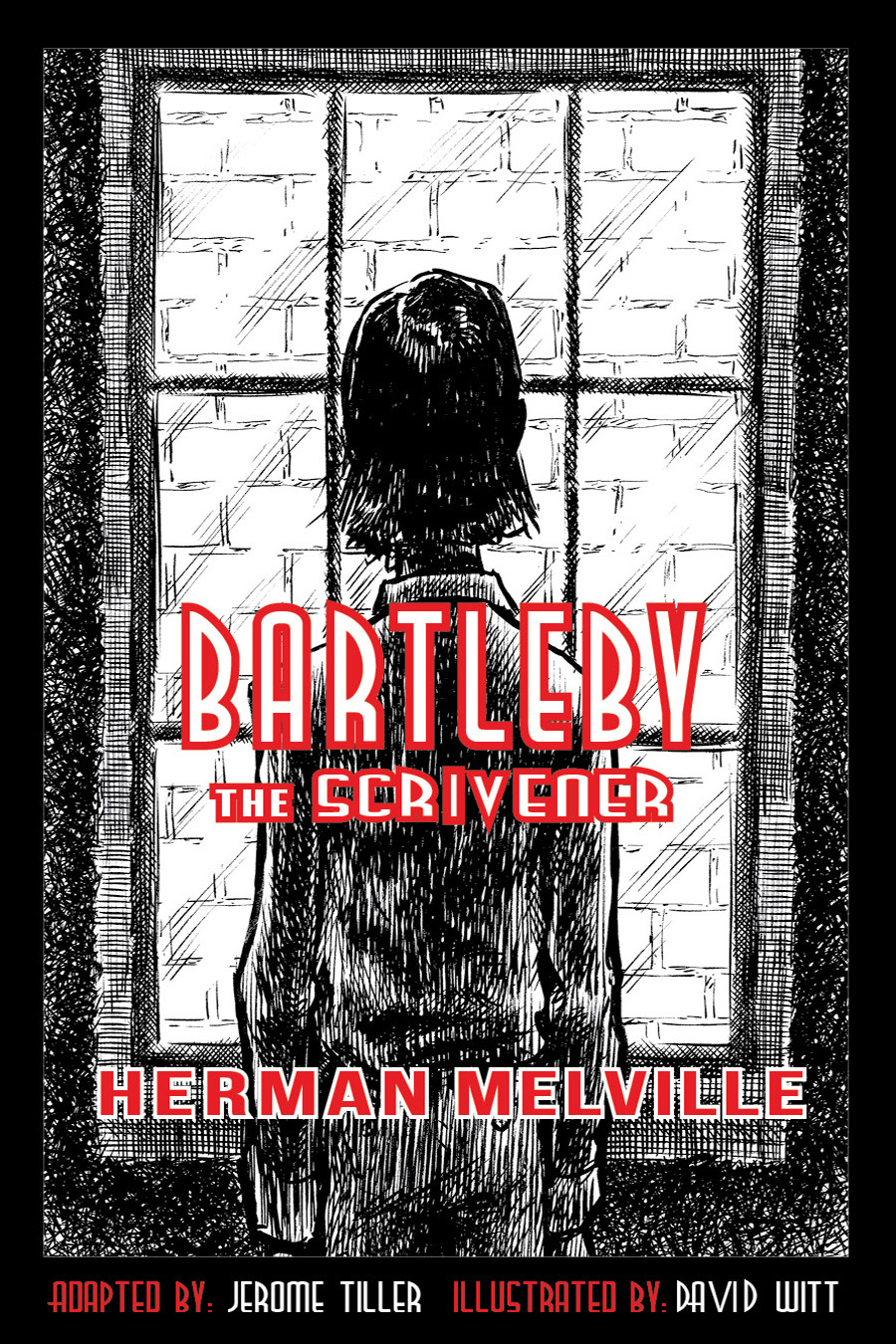Edgar Allan Poe’s Point of View
Edgar Allan Poe’s point of view is predictable. He almost always uses a first-person narrator to tell his stories. However, only one of the three stories we collected for Poe Illustrated uses the first-person point-of view in the way Poe typically did.
In The System Dr. Tarr and Professor Fether, a visitor to an insane asylum tells the story. He knows all that happened during his visit because he lived it. He also expresses his own opinions and knowledge about the asylum before, during, and after his visit. Poe uses this first-person style of story-telling regularly, especially in his tales of terror.
Our adaptation of Thou At the Man is also told from a first-person point-of-view, Poe’s favorite, but with a major twist. That’s partly because I cheated a bit adapting the story and changed Poe’s original intent. However, this is not a guilt-ridden confession—I had a legitimate excuse for changing Edgar Allan Poe’s viewpoint. That excuse will have to wait. I will provide one in my next blog, soon after I have convinced myself I made it persuasive enough for the literary purist to swallow (if that’s possible).
In Hop-Frog, a story about a captive dwarf’s ingenious plan of escape, Poe has a person outside the story tell us what happens. Although third-person narration is a true departure for Poe when it comes to point-of-view, Poe seldom completely conforms to ordinary convention. Three factors distinguish the third-person viewpoint in this story. First, the narrator is not sure of all the facts leading up to the story. In addition, he does not enter any character’s mind as the actions unfold. Finally, he only makes a guess about the end result of the story. Consequently, the reader will only learn as many details in this story as the narrator either knows or cares to tell.
Although third-person narration was not Poe’s normal mode of story-telling, he managed to effectively combine three variations of this technique in Hop-Frog. Master story-teller that he was, Poe always knew exactly what he was doing to create the effect he desired. And that’s one reason he will always remain relevant.


